As momentum builds around the proposed One Big Beautiful Bill Act (OBBBA), understanding its expanded tax credits and restructured deductions becomes essential for effective financial planning. This third installment of our series explores these potential changes and provides strategic guidance for taxpayers preparing for 2025.
The OBBBA’s Approach to Tax Credits and Deductions
Unlike previous tax reforms that often simplified by eliminating deductions, the OBBBA takes a different approach. The proposed legislation aims to make the tax code more equitable by enhancing credits for middle and lower-income families while restructuring deductions that have historically benefited higher-income taxpayers. This targeted approach reflects the bill’s broader goal of re balancing the tax burden.
Expanded Tax Credits: Who Benefits and How
Enhanced Child and Family Credits
The OBBBA proposes significant expansions to child-related tax benefits:
- Child Tax Credit: Increasing from the current $2,000 per child to $3,600 for children under 6 and $3,000 for children 6-17, with full refundability
- Child and Dependent Care Credit: Raising the maximum eligible expenses to $8,000 for one child and $16,000 for two or more, with reimbursement rates up to 50% for lower-income families
- Permanent Advance Payments: Monthly distribution options similar to the temporary 2021 program
These changes would provide substantial relief to working families, potentially reducing child poverty rates while supporting parents in the workforce.
Expanded Earned Income Tax Credit (EITC)
The EITC would see meaningful adjustments under the OBBBA:
- Broader eligibility for workers without qualifying children
- Increased maximum credit amounts across all filing categories
- Lower minimum age requirements (19 instead of 25)
- Elimination of the upper age limit for older workers
These changes would extend this valuable credit to millions more Americans, particularly benefiting single workers, older Americans, and younger adults entering the workforce.
Green Energy and Sustainability Credits
The OBBBA doubles down on climate initiatives through expanded tax incentives:
- Higher credits for residential solar installations and energy efficiency upgrades
- New credits for electric vehicle purchases with increased maximum amounts
- Home energy storage system credits
- Additional incentives for low and middle-income households making green improvements
These credits align with broader climate goals while making sustainable choices more financially accessible.
Education and Workforce Credits
Education affordability receives attention through:
- Expanded American Opportunity Tax Credit for undergraduate education
- Enhanced Lifetime Learning Credit for ongoing education and skills development
- New credits for workforce training programs and apprenticeships
- Student loan interest deduction expanded and simplified
Restructured Deductions: Strategic Changes
Mortgage Interest and Housing Deductions
The OBBBA proposes targeted adjustments to housing-related deductions:
- Reduction in the maximum mortgage principal eligible for interest deductions
- New first-time home buyer credits targeting middle-income purchasers
- Modified property tax deduction limits
- New deductions for rental payments for those below certain income thresholds
Simplified Itemized Deductions
The standard deduction would increase modestly, while itemized deductions would see significant restructuring:
- Cap on total itemized deductions for high-income earners
- Elimination of certain miscellaneous deductions
- Enhanced charitable contribution incentives for middle-income donors
- Restored and expanded state and local tax (SALT) deduction limits
Medical Expense Deductions
Healthcare costs receive special attention:
- Lower threshold for deducting medical expenses (5.5% of AGI vs. current 7.5%)
- New categories of eligible medical expenses
- Special provisions for seniors and those with chronic conditions
Strategic Planning for Taxpayers
With these changes on the horizon, taxpayers should consider several strategies:
- Document Qualifying Expenses: Keep detailed records of potentially eligible expenses, particularly for new or expanded credits
- Timing Considerations: Evaluate whether to accelerate or defer certain expenses based on when new provisions would take effect
- Eligibility Assessment: Determine how income changes might affect your qualification for expanded credits
- Coordinate Tax and Financial Planning: Integrate tax considerations into broader financial decisions, especially around housing, education, and energy improvements
The Broader Impact
These changes to credits and deductions reflect the OBBBA’s dual aims: providing relief to middle and lower-income taxpayers while funding these benefits through changes affecting higher earners. Understanding this balance is crucial for comprehensive tax planning.
In our next article, we’ll examine the OBBBA’s proposed changes to capital gains and investment income taxation, an area of particular concern for investors and business owners planning for the future.
For personalized guidance on leveraging these potential tax changes, contact Local Outsourced Accounting to develop strategies tailored to your specific situation.


